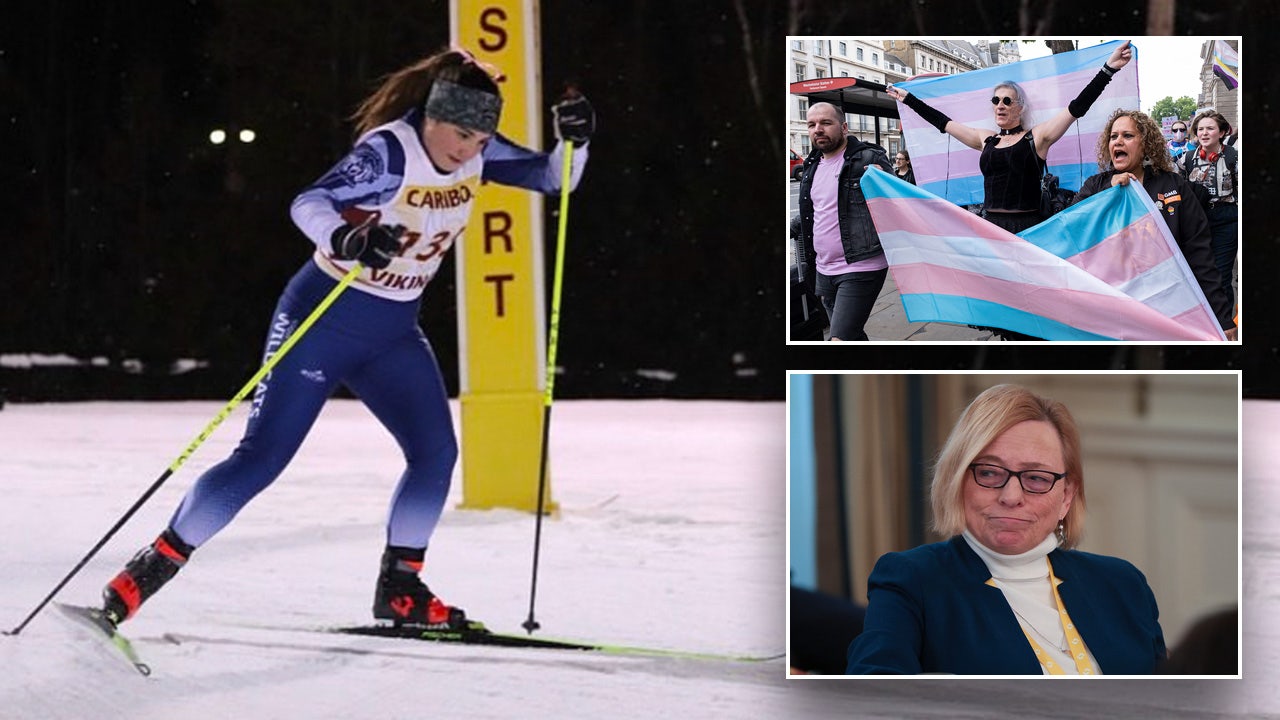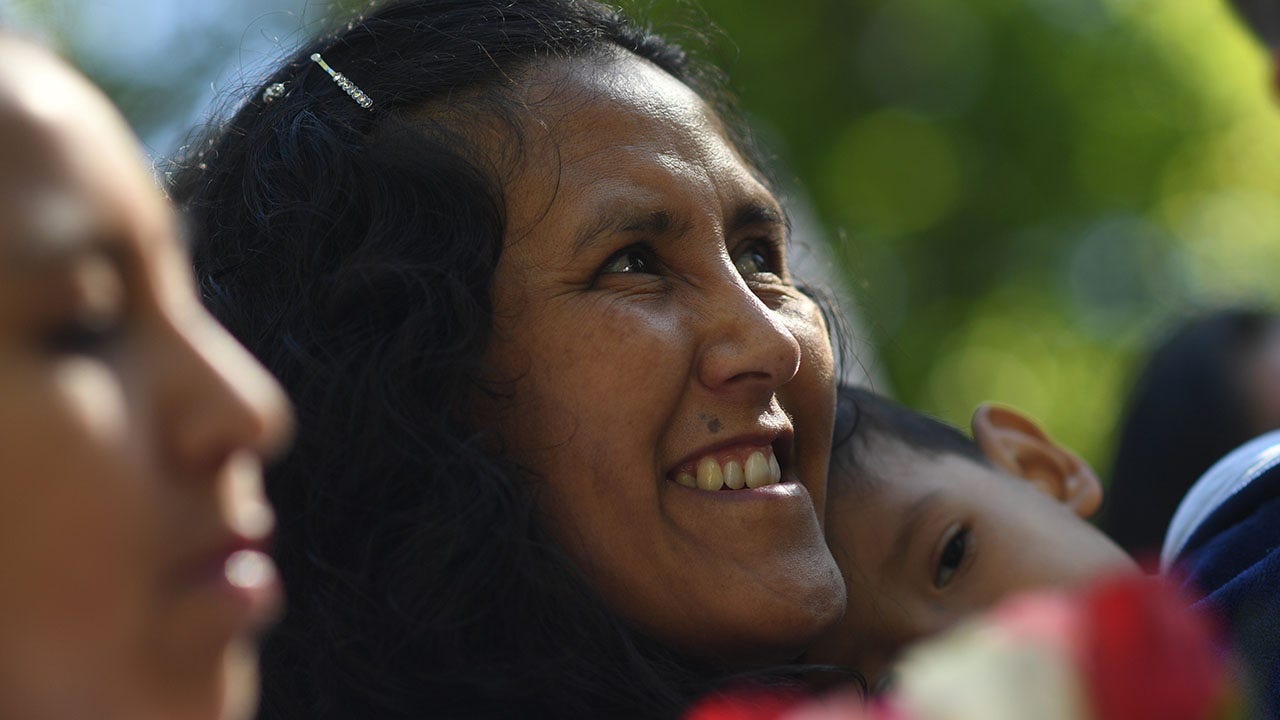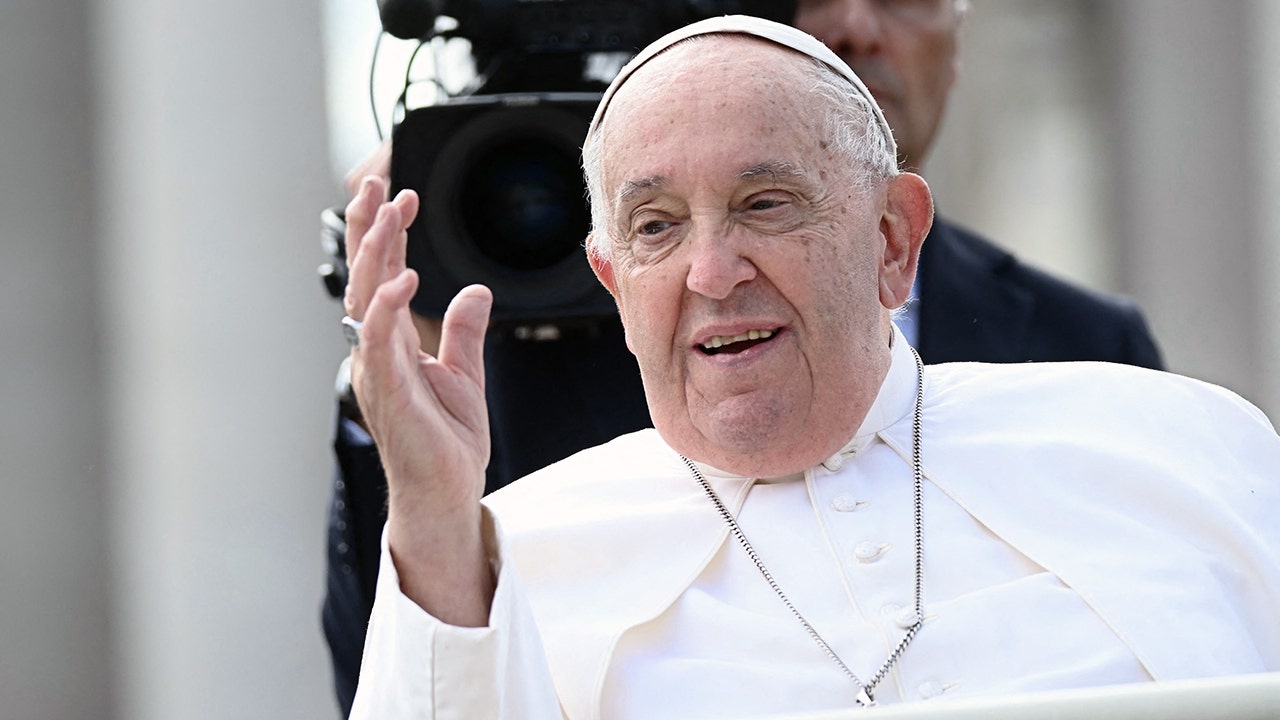Posted on Wednesday, February 5, 2025
|
by Outside Contributor
|
0 Comments
|
As a professor teaching and writing in a professional environment plagued by cancel culture and little support for genuine viewpoint diversity, I recently wrote about how pervasive self-censorship among faculty has become. I found that levels of cancel impulses today exceed those from the McCarthy era of the 1950s.
In 1958’s The Academic Mind: Social Scientists in a Time of Crisis, sociologists Paul Lazarsfeld and Wagner Thielens Jr. surveyed faculty about their behaviors and attitudes toward expression in light of Congressional investigations of subversion on college campuses. The authors found that “nine percent of faculty reported that they “toned down their writing for fear of controversy.” Seven decades later, the Foundation for Individual Rights and Expression (FIRE) data revealed that more than one-third (35 percent) of faculty report toning down their writing for fear of causing controversy, demonstrating that cancel culture is impacting scholarship, teaching, and faculty as much as it is hurting the students themselves.
In response to this truly upsetting finding about the academy and the many faculty who are living in fear and self-cancellation, a recent piece in the Chronicle of Higher Education argued that this change about faculty self-censorship was overblown with the headline “No, We’re Not in a New McCarthy Era.”
While I cannot personally speak to whether faculty cancel culture is better or worse now with any absolute certainty, the data tells a strong story that cannot be simply dismissed. Moreover, there is a very troubling statement in the piece that needs to be examined. The author wrote, “I think most of the censorship in higher education comes from the right. Both left-wingers and conservatives face internal campus repression, while almost all of the external political threats to academic freedom today come from Republicans.”
Threats to expression and speech come from both the left and the right. The idea that higher education has not been subjected to intense threats from the left outside the academy over the past few decades is simply divorced from reality and any understanding of collegiate life today. Such as statement in a leading industry publication is a dangerous misrepresentation of higher education that can be misapplied for political purposes.
In truth, over the past few decades, progressive ideological purity tests in the form of diversity statements and assurances of particular political behavior in one’s writing, research, and teaching for the awarding of grants, promotions, and hiring were widely expected on campuses, remain on many. These practices have long been supported and promoted by national, state, and local governments in varying degrees and chill speech and open inquiry.
Moreover, it is no secret that many faculty have been punished when they deviated or even questioned the legitimacy of the socio-political research agenda established by the “gospel” of Kendi’s “anti-racism” or D’Angelo’s “white fragility” embraced by many governmental programs. President Trump’s recent Executive Order and many states have ended many of these programs in the federal government, and some businesses and organizations are following suit.
My AEI colleague Christina Hoff Sommers recently noted that:
For more than 20 years, the National Science Foundation has sponsored a spurious gender equity program called ADVANCE. NSF spent half a billion dollars imposing the ‘intersectional lens’ & identity politics on academic science. As of yesterday, ADVANCE is no more.
Sommers notes that these DEI-aligned grants are “expected to take an intersectional perspective and consider the salient categories of social identity…proposers should recognize that gender, race, and ethnicity do not exist in isolation from each other.” This National Science Foundation program is only one of countless governmental initiatives that make use of outside funding—funding that is needed by schools and faculty—which explicitly promotes a liberal agenda. And former Chair of the House Education and the Workforce Committee, Virginia Foxx, even had her Committee document numerous “Colleges and universities have used taxpayer dollars to subsidize culturally one-sided woke faculty and administrators and to allow shout-downs, disinvitations of speakers, and ‘cancelations’ .”
Beyond the government, many private foundations have similar ideologically progressive agendas that have enormous impacts in shaping research to the career detriment of those who hold different views. In 2020, for instance, the Mellon Foundation evolved from supporting the humanities to “prioritizing social justice in all of its grant making.” If a professor is too outspoken in a particular area or holds heterodox views that run against a particular grant-making organization’s preferences, that faculty member can assume that there will be no pipeline down the road, effectively canceling that faculty member’s voice and research agenda.
While there is no single leader on the left or committee akin to McCarthy or the House Un-American Activities Committee at present, real external threats to academic freedom from the left exist and it is pure ignorance or a willful misrepresentation of university life to suggest otherwise.
Samuel J. Abrams is a nonresident senior fellow at the American Enterprise Institute, where he focuses on questions of related civic and political culture and American ideologies. He is concurrently a professor of politics and social science at Sarah Lawrence College, and a faculty fellow with New York University’s Center for Advanced Social Science Research.
Reprinted with permission from AEI – by Samuel J. Abrams
The opinions expressed by columnists are their own and do not necessarily represent the views of AMAC or AMAC Action.
Read the full article here










